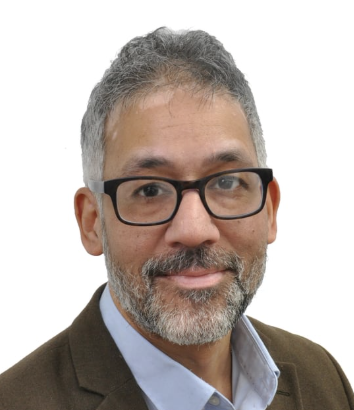Families, in the broadest sense, are the crucible in which we are shaped. It's not just the parents, but the grandparents, uncles, aunts, siblings, cousins, and family friends that influence us. This truth is captured in the multi-generational Succession saga.
Succession is rich with psychoanalytical material. What great case studies! What perfect clinical vignettes. Freud based many of his theories on research on upper class Viennese women. He worked with the individual. But in reality, we are all part of sprawling chaotic groups.
The family therapist John Byng Hall argued that we are all part of "family scripts." He meant that family life really is like a play or TV drama. We sometimes even know what each family member is going to say before they say it. We all draw on a treasure trove of family myths. Some conscious and some unconscious. We may not have a coat of arms or board room but we can all imagine what our family motto might be.
We all play roles in relationship to these scripts. We may repeat and replicate them, or we may edit and rewrite them. Or we may seek out an entirely new script for ourselves.
The Roy family is a dynasty based on an amalgam of the Murdochs, Maxwells and the writers' imagination. Every pathology, every shadow area, every narcissistic trait is dialled up to full intensity. Perhaps that is why it is a vivid canvas for us to project parts of ourselves onto. It helps to amplify our own imaginations.
All four children crave their parents' love and attention. The family business is central to their identity. The siblings either try and inherit the business, or take it over, or fight against it in a dynamic and ever-shifting psychic landscape.
The ending of the whole series, seems like a good time to look back to Series 1 Episode 7 when the father, Logan Roy recruits a corporate therapist to conduct some family therapy.
At the beginning of the therapy he tells the therapist "everything I've ever done is for my children." The children look at each other incredulously. The father then gets on his phone "to buy a TV company." The very double speak and dissociation inherent in the emotional weather system of the family is constellated in that very moment.
The father has gathered his children together to ostensibly talk about their feelings and in that very moment he turns away to the more tantalising world of mega business deals. This is familiar emotional territory to his children. To his credit, the therapist challenges the father to keep the therapy on track. But it becomes crystal clear that the father has absolutely no interest in delving any deeper. The whole thing is a publicity stunt to bolster the standing of his company. It's a media circus and the therapy ruse is simply good optics for the company's stock market valuation.
The therapist suggests taking a break. But he is seduced by the family. Does he think he's a friend or a therapeutic butler? Is he corrupted by the family's power and glamour? He dives head first into their swimming pool and smashes his front teeth. He has to go to hospital and the therapy is aborted. He has underestimated the danger of working with this family. Under the benign surface there are hidden complexities. He has lost his analytic stance and ending up "losing face" as a result. In the end he is a comic distraction and a casualty from the power tussles in the family.
At various points the patriarch Logan Roy has promised each child they will be his true heir. They always, in their desire to be the chosen one, fall for it. But he leaves them hanging. This sibling rivalry means that their is always a tension between the children. They are allies. They understand each other. But they are also deadly competitors.
The siblings struggle in their own lives and struggle with intimacy. The eldest son, Connor, makes a tragic attempt to run for president. His girlfriend is an escort and he pays for her interest in him. Money secures love. Kendall is ravaged by addiction, and struggles in his relationship with his ex wife and children. Roman has complex sexual involvements with work colleagues that unravel. Shiv, the only daughter, remains emotionally distant in her on/off relationship with her husband.
Like all families they have their problems. The father, Logan Roy, has visible scar marks on his back. The children all exhibit less visible damage. But it is still there in their psyches. Like all of us they have to contend with their family legacy and unconsciously or consciously decide on what to take forward and what to leave behind.
Dr Ajay Khandelwal is a verified Welldoing psychotherapist in London and online

